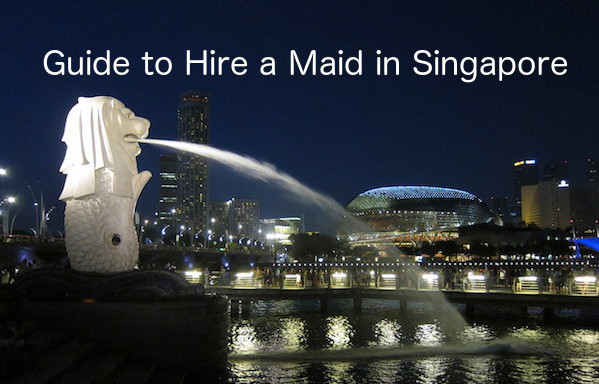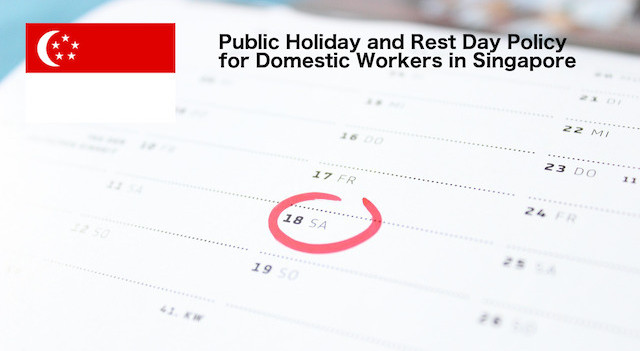
The Ministry of Manpower in Singapore (MOM) imposes a security bond for domestic workers in Singapore. This requirement protects employers in the event that a domestic worker violates the terms of her employment contract.
Hiring domestic help is a commitment to responsibility, compassion, and, most of all, benevolence. No employer should take on this obligation without ensuring complete willingness to take care of the domestic worker they're hiring.

What is the cost of the Security Bonds for Domestic Workers in Singapore?
The cost of these bonds ranges from SG$5,000 (Singaporean dollars) to SG$7,000. The latter amount applies to workers from the Philippines, whose government requires additional costs to be covered.
As a set rule, these security bonds are to be deposited for all workers from outside Singapore, excluding Malaysians. It applies regardless of whether they have been hired through an organization or not.
What are the Conditions of security bonds?
Once you have taken out the security bond, you are now liable to pay the amount of the bond as a fine in case you break any laws. These laws refer to those surrounding the conditions and security attached to hiring an FDW.
Some basics of these laws include paying the agreed-upon salary on time, providing a hygienic and secure living environment, covering medical insurance, and giving paid leave. Countries like the Philippines have more strict measures that need to be adhered to.

In Singapore, it is common practice for people to buy these security bonds as insurance for these workers. The insurance company then takes it upon itself to pay the fines in the event of a violation of the law. The employer can pay them back afterward.
How long do these bonds last?
When the bond is terminated or can be withdrawn depends on the terms of the laws surrounding worker employment.
So, for example, once the employment period has ended and the worker is safely back in their country, you are no longer liable to pay. Furthermore, if your worker breaks any rules regarding their permit, you may cancel the bond.
However, you should know that all of these conditions and particulars may vary from country to country. Do not depend solely on this information; look into the laws and details on your own.
Now that the foundation is established, it is time to move on to the application process. You can either directly apply to the government through banks or your insurance company. Here is how that will work out!
How do I apply for a security bond for my Foreign Domestic Worker?
The first thing to ensure before getting into the process is to apply for the bond well before your worker has arrived in Singapore. If you fail to do so, your worker will not be allowed to enter the country, and you will pay for her return flight as well.
Start by buying a security bond from any bank in Singapore. You may also contact your insurance company about the issuance of the bond.

If you are going the insurance company route, make sure to submit an in-principle letter to the company. This is necessary to make them aware of your financial situation and where you stand.
Once this letter has been accepted and processed, ask your insurer to send over the security bond details to the Ministry of Manpower (M.O.M).
It may take up to 3 working days for the Ministry of Manpower to process your application regarding the security bond. So, make sure to plan this process out so you can be done with it before the arrival of your FDW.
After the processing period is over, log onto the website for M.O.M. and go on over to the Work Permit (WP) section.
Log into your account and check your security bond status for approval. If you have received the acknowledgment letter, then you are good to go.
The only thing left now is to print out this acknowledgment letter and send a copy over to your domestic worker so that they may be allowed to enter Singapore.
Remember, failure to do this on time would mean that your FDW would not be allowed entry. It will be your responsibility to send them back immediately.
Conclusion
Employing domestic help entails a lot of responsibilities and liabilities. If you ask someone to help you out, you need to make sure you provide them with enough compensation for the helping hand they are lending you.
Ensure that you bring yourself up to date with all the laws surrounding domestic workers and their working conditions and fulfill your duty as a good citizen and employer.



